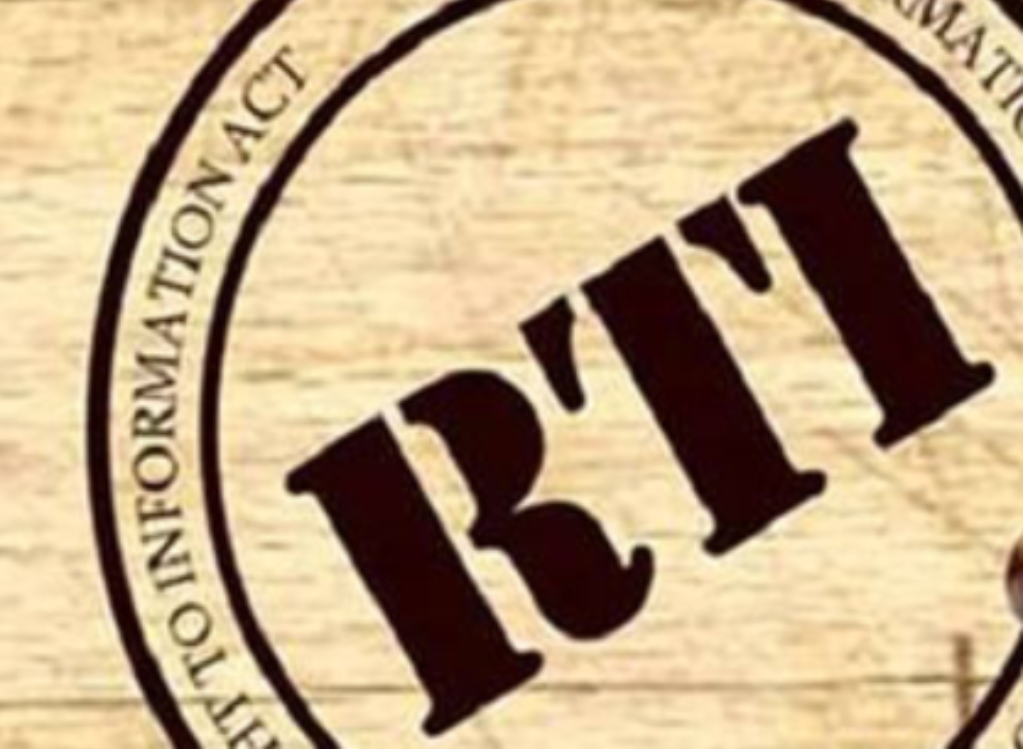The Australian Advocacy for Good Governance in Sri Lanka (AAGGSL), a civil society organisation in Melbourne, has expressed deep concern over the ongoing delay in appointing a Chairperson to the Right to Information Commission (RTI Commission) of Sri Lanka. The Chair position has remained vacant since March 2025, undermining the Commission’s operational effectiveness and public trust.
The Right to Information Act, a critical legislative tool that empowers citizens and strengthens democratic governance, mandates a five-member Commission.
Issuing a statement on Tuesday, AAGGSL stressed that any nominee to this critical role must be selected based on demonstrated public service, integrity, and commitment to the principles of transparency and accountability.
“Appointments based on political loyalty or personal affiliation compromise the independence of the Commission and erode public confidence in both the RTI process and the broader governance system.
The credibility of the RTI Commission hinges on its leadership. This position must not be reduced to a political favour. It is a cornerstone appointment essential to safeguarding citizens’ right to know.
The RTI Act is a vital safeguard of Sri Lanka’s political and economic democracy. It enables citizens to access information held by public institutions, promotes transparency, deters corruption, and enhances public service delivery. Without an impartial and effective Commission—led by a Chairperson of high moral standing—the Act’s transformative potential cannot be realised,” the statement said.
AAGGSL urged President Anura Kumara Dissanayake and the Constitutional Council of Sri Lanka to prioritise this appointment and ensure it is made transparently and based on merit, noting that “a credible, independent Chair is indispensable for protecting citizens’ rights and upholding democratic governance.”
Currently, only four members are serving, and no timeline has been provided for completing the Commission’s full membership.
AAGGSL stressed that the absence of a Chairperson seriously hampers the Commission’s ability to carry out its mandate effectively.











Leave a comment